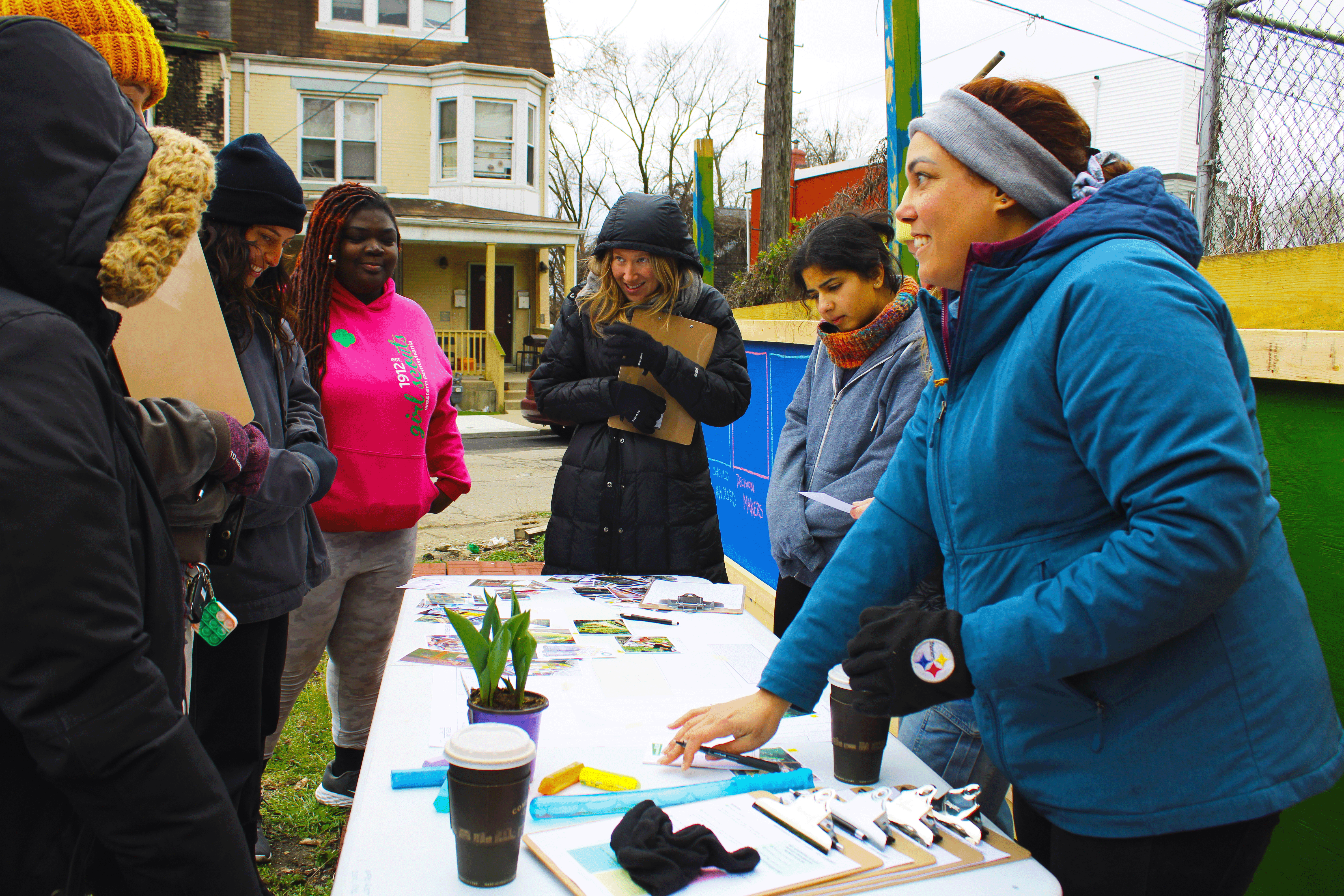The Partnership Network is among the chosen collaboratives to take part in the Collective Impact Data Accelerator, a 12 month action learning cohort focused on using data for advancing progress in collective impact. We are thrilled to be part of this cohort and excited to learn more ways to continue building our collective impact in Pittsburgh!
By: Robert Albright | Collective Impact Forum | September 23rd, 2019 | Read the full story
The use of data across partners is a core element of the collective impact approach. In fact, the central use of data – for both collaborative learning and accountability – is often the element of collective impact that practitioners report to be the most differentiating from the other collaboratives in which they have worked. Through our engagement with funders and practitioners in the Collective Impact Forum community, we understand that collective impact initiatives are using a variety of types of data – including collecting data through public databases, shared measurement systems, evaluations, research studies, and in informal conversations – to learn, inform, and improve their work.
We believe that an important step in supporting the field is to support the capacity development and facilitate peer learning about the ways in which collective impact initiatives are using data to learn and improve their work, ultimately contributing to achieving greater impact in communities.
In response to a growing need in the field around data, the Collective Impact Forum launched the Collective Impact Data Accelerator, a 12-month action learning cohort focused on using data for advancing progress in collective impact. We are excited to announce today that we have selected 13 collaboratives to participate in the Collective Impact Data Accelerator:
- Achieve Escambia and Florida College Access Network (Tampa, FL)
- Chattanooga 2.0 (Chattanooga, TN)
- Healthy Community Partnership Mahoning Valley (Youngstown, PA)
- My Brother’s Keeper Houston Collaborative (Houston, TX)
- Project Safety Net (Palo Alto, CA)
- Ready, Set, Healthy! (Trenton, NJ)
- Sport for Good Cities (Atlanta, Chicago, New Orleans, and New York)
- Systems Building for Resiliency in Southwest Virginia: A Trauma-Informed Care Network Approach (Abingdon, VA)
- The Alliance to End Abuse (Martinez, CA)
- The Detroit Homelessness Continuum of Care (Detroit, MI)
- The Partnership Network (Pittsburgh, PA)
- Thrive Chicago (Chicago, IL)
- Youth Works: Department of Family & Children Services (Atlanta, GA)
The Collective Impact Forum reviewed applications for the Collective Impact Data Accelerator over the summer, and we recently selected these 13 collaboratives that submitted strong applications.
“We are excited about working with these participants in the Collective Impact Data Accelerator,” said Sheri Brady, Associate Director, Strategic Partnerships, Aspen Institute Forum for Community Solutions. “All of the collaboratives involved in this accelerator demonstrate a strong commitment to using data for advancing equitable outcomes in their communities. We hope this learning cohort will deepen their peer relationships and advance their knowledge and practice about using data in collective impact.”
A few highlights about this learning cohort:
- All collaboratives are in the mid-to-late stages of implementing collective impact – having moved beyond initial planning into coordinated and aligned efforts among cross-sector partners.
- The cohort represents a mix of different issue areas, including education & youth, workforce development, health & nutrition, homelessness, and more.
- The cohort is focused on different geographic areas of focus, including neighborhood-level, city-wide, county-wide, multi-county / regional, and multi-state.
- Two or three people are participating in each collaborative, including one funder and up to two backbone/data partners.
Participants will meet for three in-person working sessions from November 2019 to November 2020, and will also join group peer learning calls and participate in 1:1 coaching with the Collective Impact Forum team during months when there is not a working session. Participants will identify an area of their collaborative where they will focus on using data, and participants will commit time in between the Accelerator meetings and calls to make progress on their identified action learning project for their collaborative.
For additional context, the goals of the Collective Impact Accelerator are to:
- Build the capacity of backbone leaders, funders, and other partners to effectively use qualitative and quantitative data for learning in ways that provide insights into how the initiative might improve, adapt, and grow, in service of achieving a community goal.
- Create a supportive peer learning community where backbone teams, funders and/or partners have candid conversations and learn with one another when using a broad range of different types of data.
- Identify promising practices that will be shared broadly with the field to support backbone leaders, funders, and other practitioners interested in using data in collective impact.
In addition, some of the priority learning topics that this group will address include:
- How to incorporating equity into all data identification, collection, disaggregation, and use
- How to develop a culture of using data to adapt work and hold one another accountable
- How to use data effectively and robustly toward learning and improvement
After the learning cohort concludes in November 2020, the Collective Impact Forum team will share lessons learned more broadly with the field. We look forward to keeping our network of collective impact backbone leaders, funders, and other practitioners in the loop on what we learn through the Collective Impact Data Accelerator.


